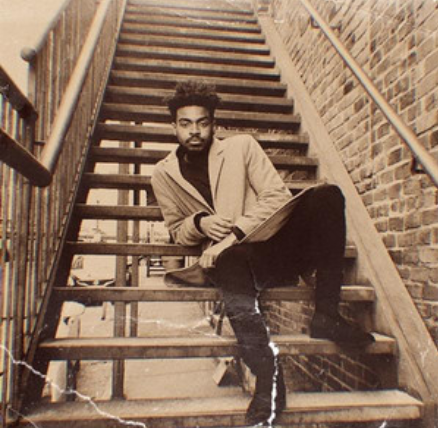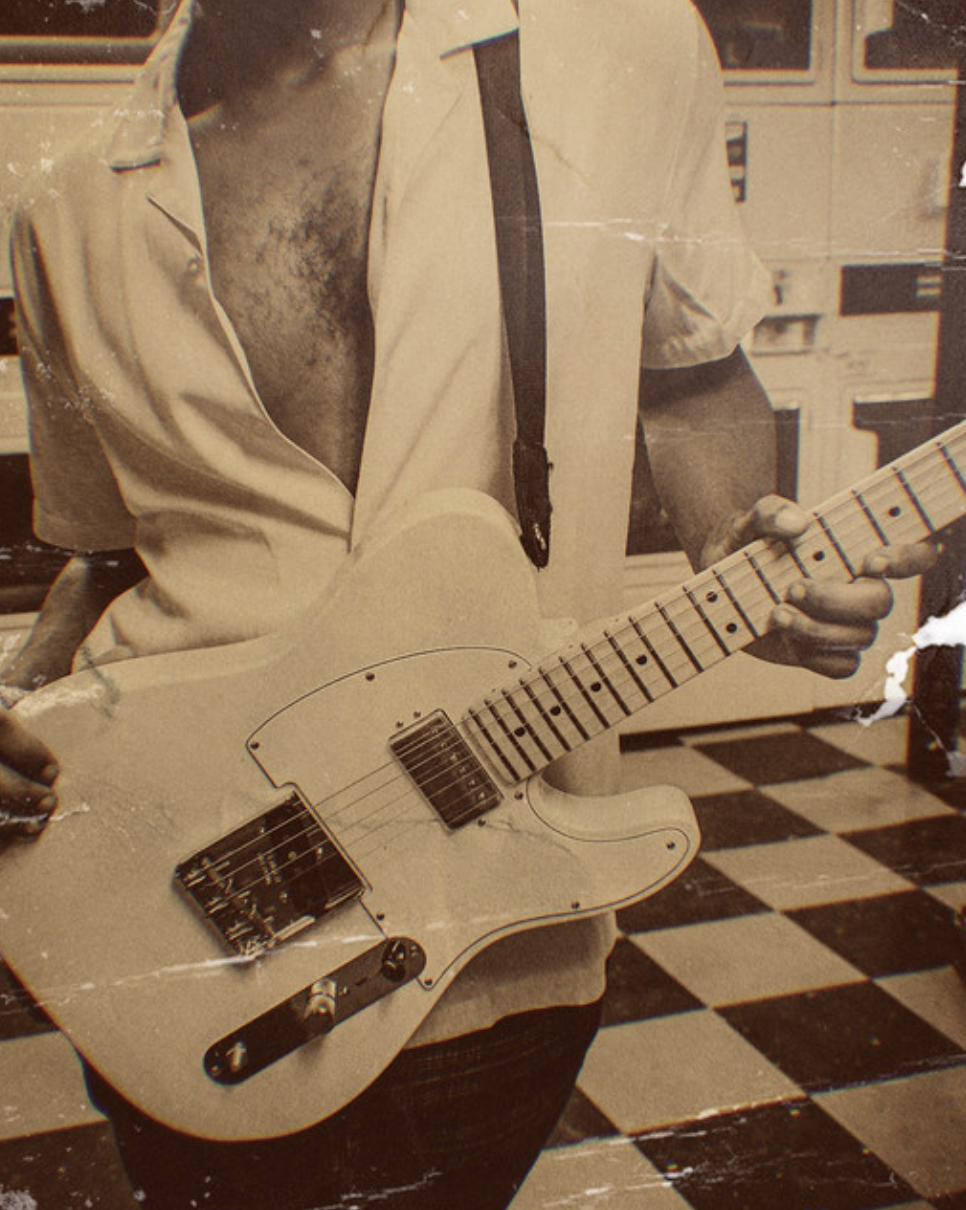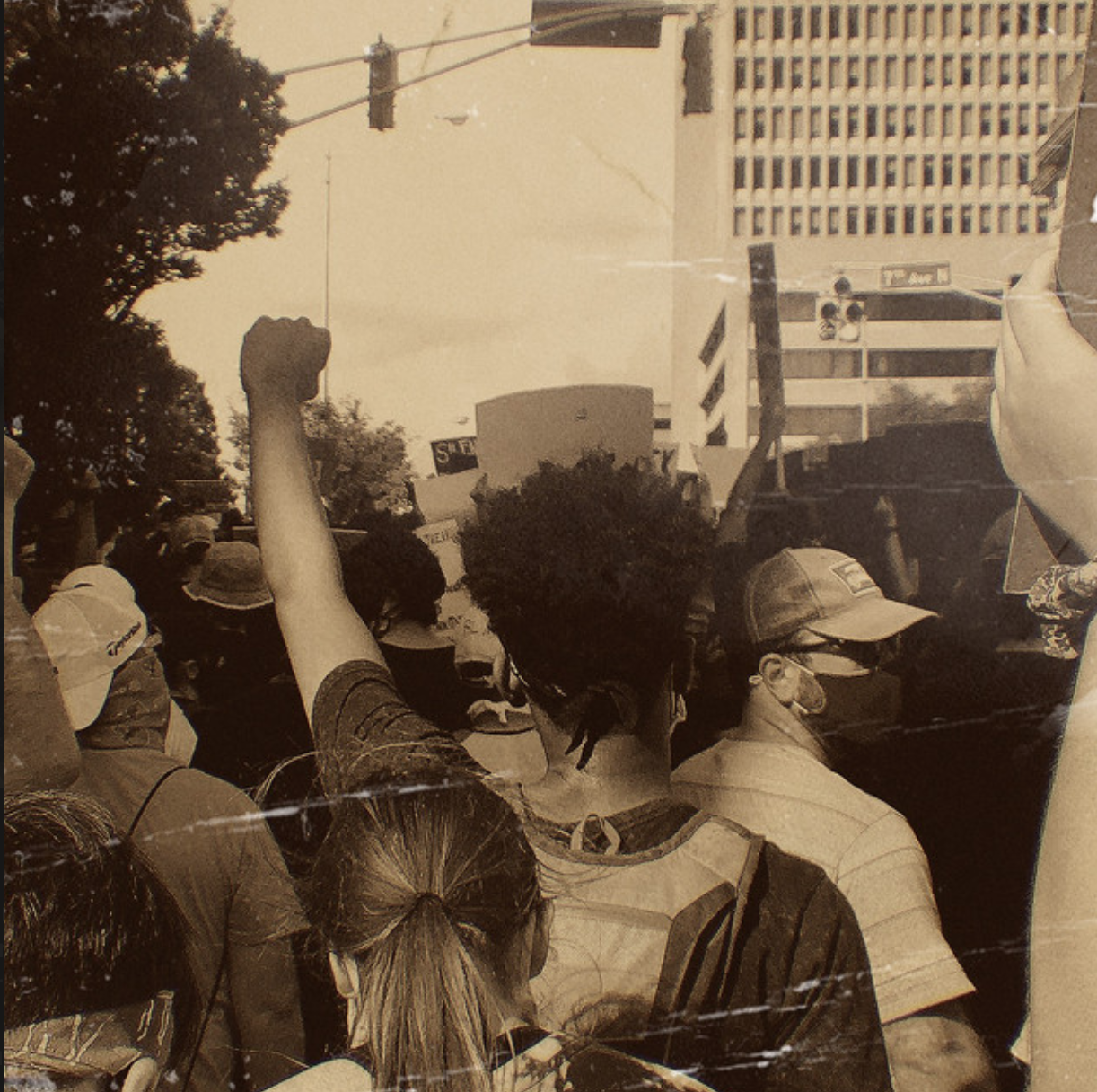Photos Courtesy of John Tucker Spotify
The cover art for “You Wouldn’t Know” on John Tucker’s Spotify artist profile simply reads, “I Want Justice.” Tucker’s June 10 release is a sobering tribute to the countless Black lives lost to racist violence, but even more so, it’s a call to action -- a call for white listeners to remove the shroud of privilege that blinds them and merely begin to understand the challenges that characterize life as a Black person in America.
The song is chilling in its instrumental simplicity: a repeated series of mellow electric piano chords and a steady mechanic drum pulse feel insufficient to mirror the complexity of the issue that Tucker tackles head-on. But this choice proves wildly effective in that it allows Tucker’s silky, sincere voice to shine through. Tucker sings, “It’s a luxury being so fucking free,” and “It’s a tragedy looking like fucking me,” asserting that the most basic rights to life, liberty, and the pursuit of happiness are, for Black Americans, jeopardized by the very institutions meant to uphold the law. Not only are white people protected by these institutions, but they’re also “free” from grappling with the “tragedy” that has become all too common in the news -- at this point, a national script in which Black Americans die over and over and media coverage primes viewers to become increasingly desensitized to it, leading Tucker to reasonably worry, “I think I’m next.” Intermittent clips of chants from recent protests hammer home the urgency of Tucker’s message, creating a jarring contrast between the song’s subdued instrumentation and forceful cries of “What’s his name? George Floyd!”
Confronting these overwhelming trials, Tucker expresses a natural instinct to hide, at which point the song deviates from the established harmonic structure. This eerie musical shift marks a change in perspective: having become accustomed to a familiar pattern, the listener is suddenly and unexpectedly forced to follow Tucker on a dark journey that feels out of place. It happens to be a perfect metaphor for the current moment, a disruption of the cycle of police violence and the normal cultural conversation with a new emphasis on how the status quo deeply affects Black Americans in their everyday lives. The juxtaposition of this lyric with the audio footage from protests makes evident that Tucker can’t afford to hide. When living as a Black man is a radical, dangerous act, yet protesting police brutality is equally life-threatening, Tucker rightfully discloses, “I’m just glad I made 21.” The bridge, in which various overlapping voices sing, “You wouldn’t know” at different rhythms, echoes the fact that Tucker is unfortunately not alone in his experiences. When white people listen to this multitude of voices, they can start to learn; until then, they haven’t done enough to truly empathize with Tucker’s pain.



